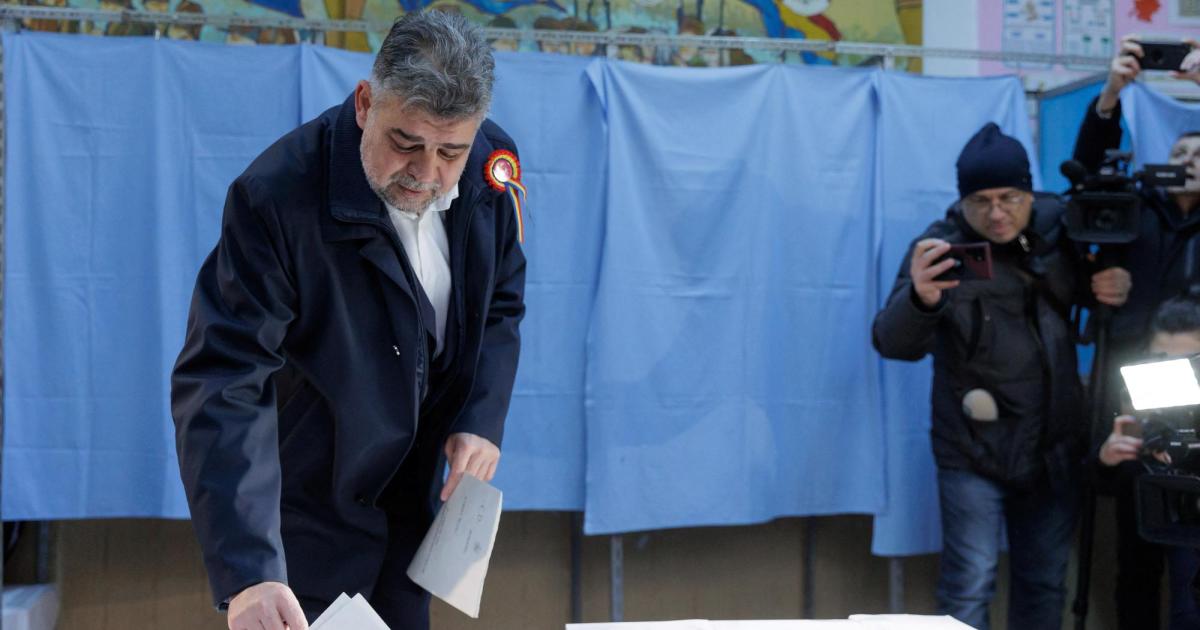In the parliamentary elections in Romania, the ruling Social Democratic Party (PSD) is in the lead; according to exit polls from Sunday evening, it received 26 percent of the votes cast. According to a post-election survey by the opinion research institute CURS, the right-wing populist AUR also got 26 percent, which means it gained a remarkable 17 percent compared to the 2020 parliamentary election. Voter turnout was more than 52 percent, one of the highest in a parliamentary election.
The reform party USR and the Liberals (PNL) each received 15.5 percent of the votes cast. The small party SOS of the right-wing extremist EU MP Diana Sosoaca appears to have passed the five percent parliamentary hurdle, reaching 5.5 percent. The small party POT of the ultra-right candidate Calin Georgescu, who emerged victorious in the first round of the presidential election, has also made it into parliament. The Hungarian Association (UDMR) is likely to barely reach five percent, but in this case only the final result will provide clarity.
An election day survey by the polling institute INSCOP saw the post-communists with 25.1 percent of the vote, the right-wing nationalist AUR with 19.9 percent, the liberals with 13.7 percent and the reform party USR with 13.3 percent. According to this survey, the two right-wing populist small parties SOS and POT entered Romania’s new elected parliament with 7.2 and 5.2 percent respectively. According to the information, the Hungarian Association should also make it into parliament.
Political scientists: “Cordon sanitaire” around ultra-right possible
Referring to the exit polls a week ago, which did not see the right-wing extremist Georgescu’s victory in the first round of the presidential race coming, the Romanian polls now hastened to emphasize that the results of Sunday’s surveys should be viewed with caution – many Voters would apparently prefer to make false statements or say they voted for a mainstream candidate or party, even though they are de facto doing so in favor of a right-wing populist candidate or party camp would have done.
Romanian political scientists expressed cautious relief at the results of the two exit polls – based on these numbers, a “cordon sanitaire” around the right-wing populists is certainly possible. The pro-European parties would continue to form the majority; a three-party coalition consisting of PSD, USR and PNL or a four-party coalition (including the UDMR) is conceivable.
17 polling stations in Austria
As was the case last Sunday for the presidential election, the Romanian authorities set up a total of 950 polling stations abroad, 17 of which are in Austria – six in Vienna, two each in Salzburg, Graz and Linz and one each in Eisenstadt, Sankt Pölten, Bregenz, Innsbruck and Klagenfurt. The votes of Romanians abroad were decisive in the presidential election.
